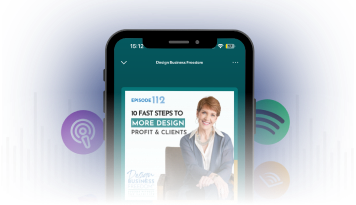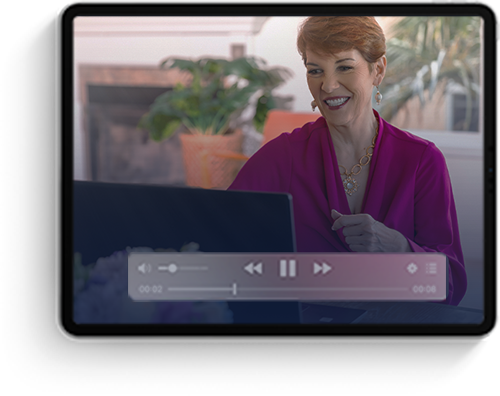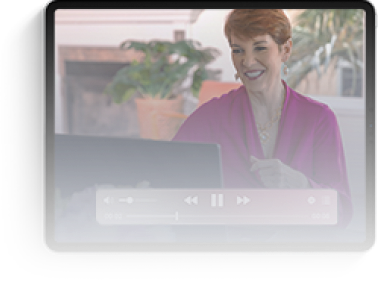15 MORE Tips for Design Business Efficiency
Running a successful interior design business is about more than just creativity—it requires efficiency, organization, and streamlining your processes. If you’re looking to take your business to the next level, these 15 tips will help you maximize your interior design business efficiency, reduce stress, and boost profitability. Let’s dive in.
1. Create Standardized Templates
Stop reinventing the wheel for every project or client. Use standardized templates for contracts, scopes of work, and other essential documents. This approach saves time and ensures consistency, allowing you to maximize your interior design business efficiency.
2. Document Your Processes
Clear, documented processes are a must for efficiency. If you’re short on time, delegate this task to an intern or junior team member. Organize everything into a Digital Standard Operating Procedures (SOP) Manual to keep things running smoothly.
3. Use Cloud Storage
Cloud storage (think Google Drive or Dropbox) is key for organizing your files and collaborating with your team and clients. It keeps everything easily accessible and up to date, cutting down on time wasted searching for files and helping you maximize your interior design business efficiency.
4. Implement Time Tracking
Time tracking is essential for understanding how your hours are spent and pinpointing inefficiencies. Use time-tracking tools to ensure you’re making the most of your workday and keeping your team on track.

5. Streamline Material Sourcing
Work with your reps and vendors to streamline material sourcing. Create a list of preferred vendors for each project and communicate your needs upfront. This saves time and reduces the need for last-minute scrambles.
6. Enhance Client Discovery and Onboarding
A solid client discovery process sets the foundation for a successful project. Ditch those free 15-minute calls and implement a paid, comprehensive discovery process that includes a detailed scope of work and project timeline. This will not only boost client commitment but also help you maximize your interior design business efficiency.
7. Set Realistic Project Timelines
Every project should start with an estimated completion date. This helps manage client expectations and keeps your workload under control. Be sure to include disclaimers in your agreements to account for potential delays.
8. Monitor Your Financial Metrics
Keeping an eye on your financial health is crucial. Review your Profit and Loss (P&L) statements at least once a month to ensure you’re hitting your financial goals and staying on track.
9. Encourage Professional Development
Investing in your team’s professional growth leads to greater efficiency and job satisfaction. Whether it’s attending industry events or taking part in training programs, continuous learning will elevate your team and your business.
10. Implement Feedback Loops
Feedback is key to improving and growing your business. Set up feedback loops with both clients and team members at specific milestones in your projects to identify areas for growth and refinement.
11. Use 3D Visualization and Rendering
Photorealistic renderings are invaluable for helping clients visualize the final design. These tools speed up decision-making, align client expectations, and contribute to a more efficient workflow.
12. Create a Knowledge Base
Build an internal knowledge base with FAQs, SOPs, and other key resources. A centralized repository allows your team to quickly find answers and stay consistent across projects, helping to maximize your interior design business efficiency.
13. Delegate Decision-Making
Micromanaging slows things down. Delegate decision-making to your team where appropriate. This frees up your time and empowers your team to take ownership of their work.
14. Celebrate Achievements
Celebrating wins and milestones boosts team morale and motivation. Whether it’s finishing a project or hitting a revenue target, take time to acknowledge these achievements.
15. Review and Learn from Each Project
Conduct a debrief at the end of every project. Schedule a post-project review with your team and clients to gather feedback, celebrate successes, and identify areas for growth. This is an important step in continuing to maximize your interior design business efficiency.
Key Takeaway
These 15 additional tips, combined with the first 10 from Part 1, provide a comprehensive approach to running a more efficient and profitable design business. By implementing these strategies, you can reduce stress, streamline operations, and create a more fulfilling work environment for yourself and your team. Remember, efficiency isn’t just about working harder—it’s about working smarter and creating a business that supports the life you want to live.
When you’re ready to increase your interior design business profits, work exclusively with ideal clients, and enjoy the time and resources for your extraordinary life, explore your coaching options. We’ve got your back in the business of design and the business of home.





